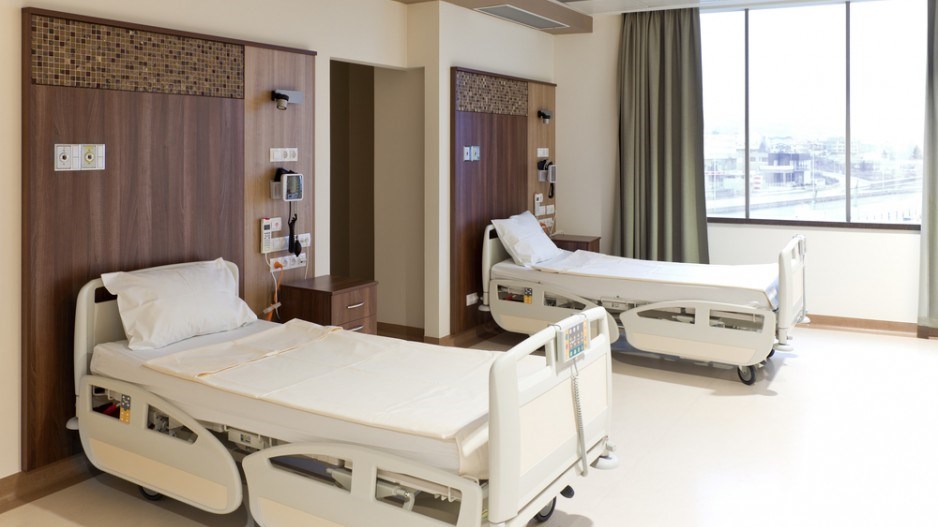China’s richest man Wang Jianlin is aggressively looking to expand his property and entertainment empire into the country’s private health-care sector to capitalise on a market that will potentially reach one trillion yuan.
“We are considering developing a chain of hospitals in China,” Wang, the chairman of Dalian Wanda Group, said during a panel discussion at the World Economic Forum in Davos, Switzerland.
Wang’s comments came after Dalian Wanda saw its 2016 revenue drop 14 per cent from a year earlier, dragged down by a slump in property sales.
The conglomerate is now shifting from a property developer to a comprehensive “service provider”, focusing on sports, tourism, entertainment and most recently health care.
Health care has traditionally been the monopoly of the central government in China. But Beijing’s reform of the health-care system over the past year had opened up opportunities for private capital to enter the fast-growing industry, Wang said.
“Now the government allows private companies to set up comprehensive hospitals, allowing foreign doctors to come to practise in China ... Doctors at hospitals are also allowed to see patients outside the hospitals to boost their income,” Wang said. “These are big changes.”
As their incomes rise, many mainland Chinese residents are seeking better-quality health care than that provided by overcrowded public hospitals.
The demand is expected to drive the market to 1.1 trillion yuan in 2020 from 241 billion yuan in 2015, according to a report by the Boston Consulting Group and reinsurer Munich Re.
To facilitate the development of the private medical sector, the State Council in 2015 ordered local authorities to streamline the approval process for the setting up of private clinics and offer preferential tax breaks to operators.
Last year, Dalian Wanda unveiled a partnership with Britain’s International Hospitals Group in a planned 15 billion yuan investment to build three hospitals in China, which will use IHG’s brand and will be put under its management.
The first project, the 200-bed IHG Qingdao International Hospital, began construction at the end of last year.
Wang said property development could no longer provide sustainable cash flow so Dalian Wanda had to make the transition. He believes health care and entertainment products are what mainland Chinese care the most about today, so that will be the direction of the company’s future development.
Read the original article on the South China Morning Post.
Check out BIV’s podcast for the week of January 18, 2017:




